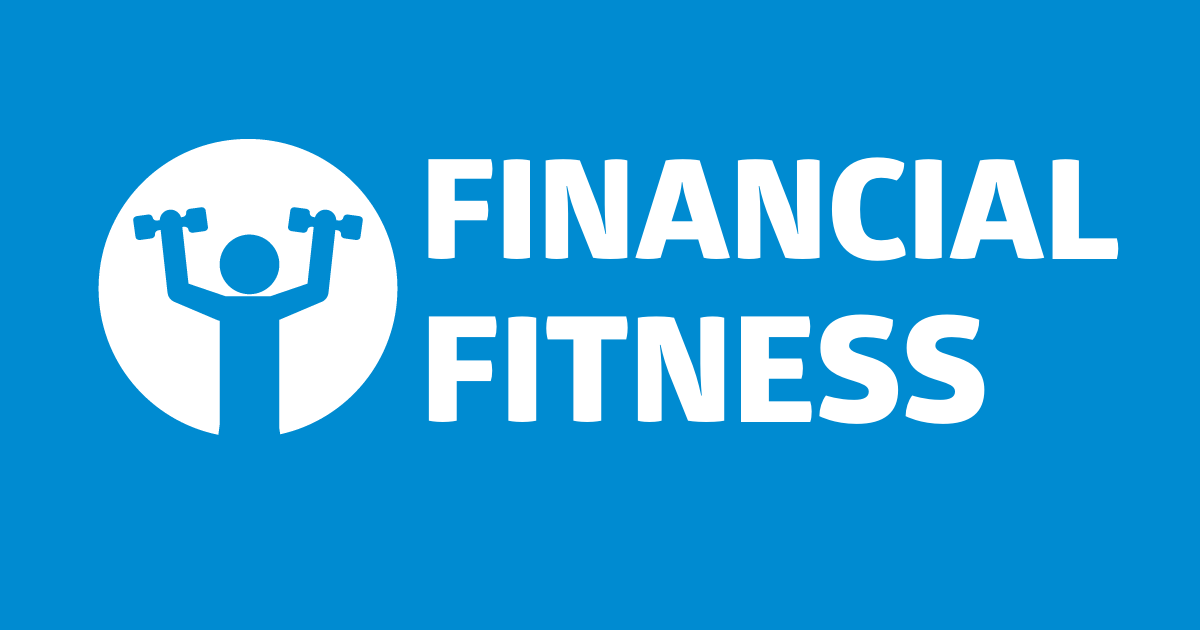By Charlestien Harris
In all my years of tackling the topic of financial literacy, I’ve found that understanding basic financial skills and concepts is critical for a successful financial future. Almost everything we do as adults like earning money, budgeting, paying off debt, and saving relies heavily on our personal financial literacy skills. I was very fortunate growing up because my parents taught me about finances very early and it has remained a vital part of my lifestyle and financial success.
I do realize that some young people don’t get that kind of financial guidance and college is the first time they will be somewhat financially responsible for themselves. So, I would like to give some simple financial tips that will assist college students in navigating this new found financial freedom.
As young people grow up, a common goal is to live on their own. However, the challenges of independent living are often quite different from their expectations. The first tip for success is to get financially literate. This means you should learn as much as you can about personal finance. Personal finance skills help you to understand how much you earn, what your monthly expenses are, and help you to budget within your income.
Several college campuses offer basic personal finance courses and some even have an on-site student financial education department located in the financial aid office. Colleges are quickly recognizing that personal finance education is a vital part of the success of their students and it also ties in with the student loan debt crisis many campuses are currently facing.
Tip two is to track your spending habits. The easiest way to stay on top of your finances is to track where your money is going. Regularly take a look at what you’ve been spending your money on and see where you can make cuts or spend more effectively. It works best when you do it monthly, but you can do it daily or weekly also. The month-long tracking system just gives you a more accurate picture of how you spend your money on a regular basis. You might not realize how much your small, daily purchases add up to until you take a look at monthly expenses and compare it to your income.
Now that you’ve tracked your spending and know where you need to cut back, the next step is to set up a college budget. A budget is a very powerful tool in personal finance. Creating a budget helps you plan out your expenses for the month and know how much income (if any) you’ll have left over. Living on a budget doesn’t mean you can’t ever have any fun, it just means that the fun you have won’t prevent you from paying your bills.
A fourth tip to consider is opening a savings account. Saving consistently is one of the most difficult budgeting habits to commit to because it requires discipline and thinking about future goals rather than present wants.
However, if you are successful at saving you will be able to establish a solid financial foundation for when you graduate and enter the world of work.
The final tip is be sure to set some financial goals, both short term and long term. This is very important as goals give you something to strive for and keep you motivated to stay the course. Once you achieve one of your short term goals, realizing a long term goal will seem much more possible.
Budgeting and saving are skills that take time and practice to get just right and your college years are the best time to make small mistakes without there being huge consequences. If you find yourself making mistakes or going over budget now and then, it’s okay. You can make adjustments to get back on track. Just keep focusing on building healthy financial habits that will serve you for many years to come!
The trend now on college campuses is to establish a financial education program that is geared toward the student. A lot of these programs originated from the personal finance department on those campuses and are very well staffed with experienced personnel and well trained interns. They are usually located in the financial aid office or sometimes they may have their own offices. They assist current and former students with a wide range of services from student loan debt counseling to establishing a budget.
If you are a high school senior or just headed to college this fall or spring, let me suggest that you visit your campus financial aid office to find out if they have a student financial education program established. If they do, I encourage you to take full advantage of the services offered. You will not regret it. It may be one of the most important decisions you will make concerning your financial future. Until next week, stay financially fit!
